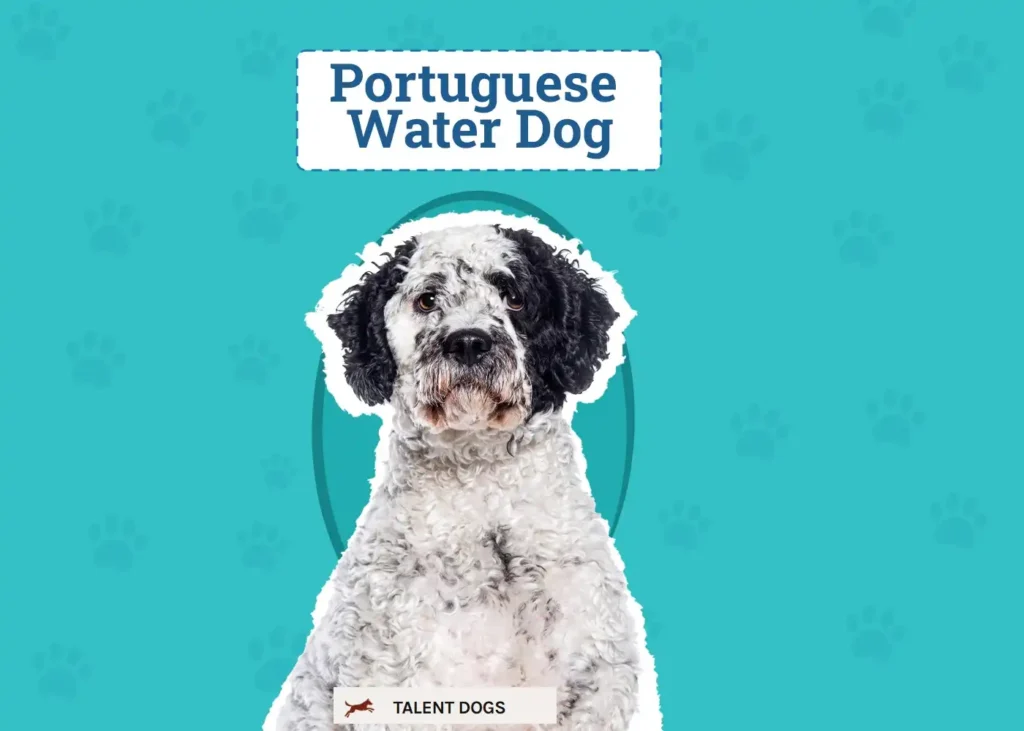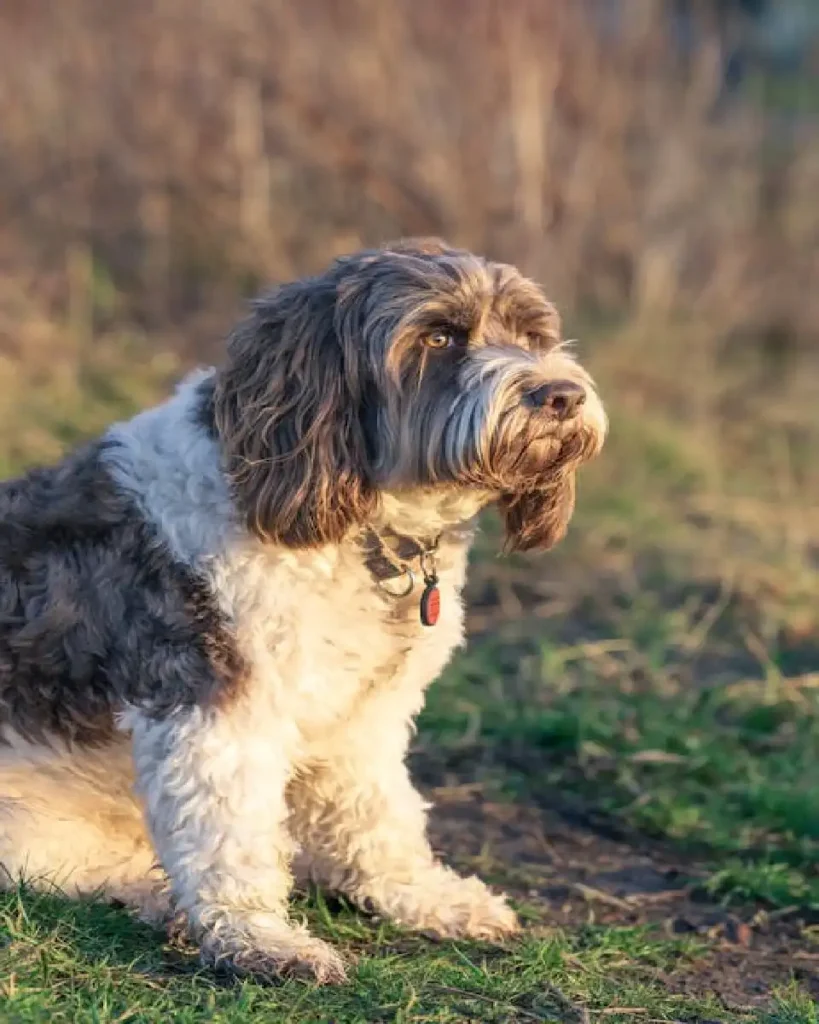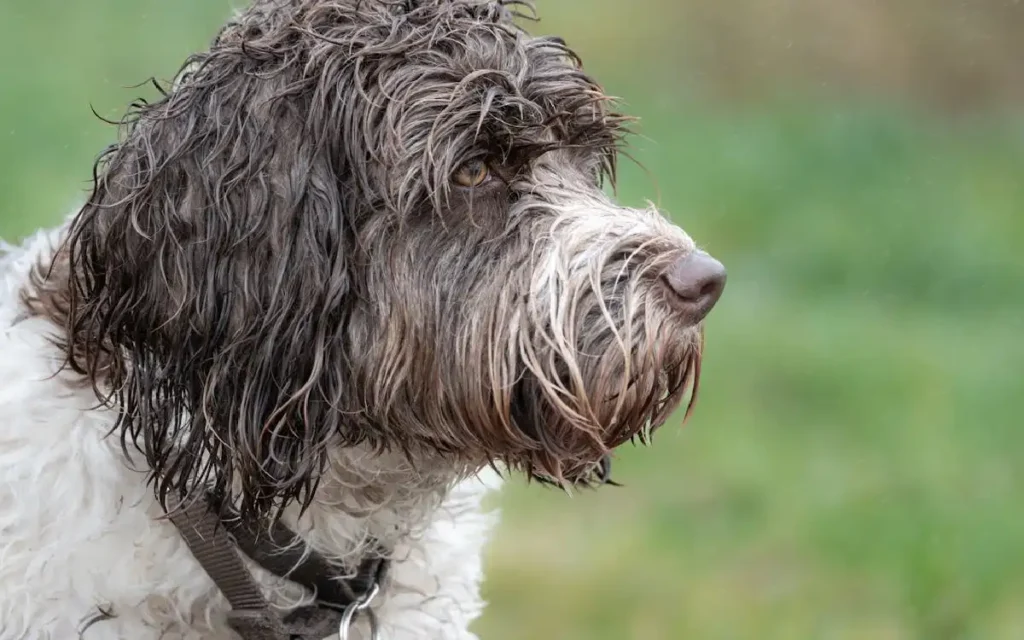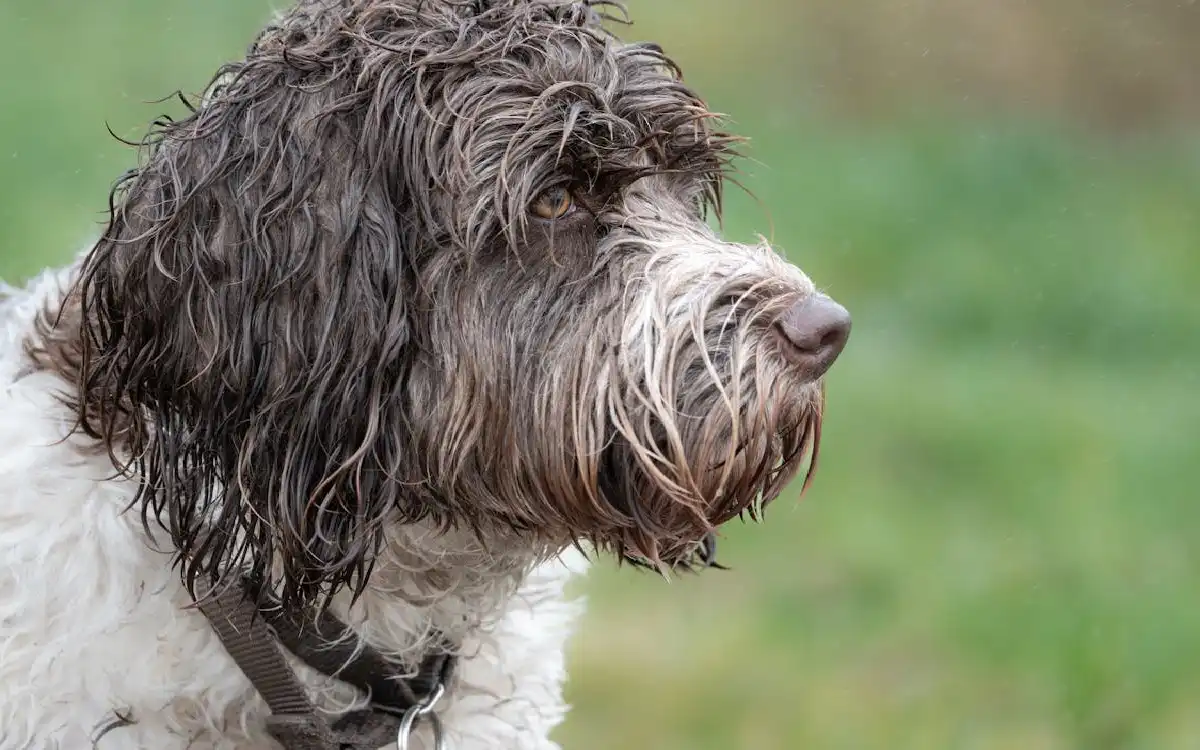Caring for a Portuguese Water Dog in 2025 requires the latest breed-specific insights and a heartfelt approach. This guide delivers 15 actionable care and training tips, highlights current health trends, and provides everything needed for raising a happy, healthy companion. The advice below blends research, expert recommendations, and relatable examples for all owners—whether seasoned or new to this intelligent, water-loving breed.

Introduction
The Portuguese Water Dog has captured hearts worldwide for its intelligence, playful spirit, and bond with families. Historically bred as fishing helpers, today’s Portuguese Water Dogs are beloved companions celebrated for their energy and quick learning. In 2025, fresh health research and evolving best practices help ensure these remarkable dogs thrive in every home. This article, featuring the focus keyword “Portuguese Water Dog,” covers essential training, grooming, nutrition, and wellness guidance.
Meet the Portuguese Water Dog: A 2025 Snapshot

Portuguese Water Dogs stand out for their athleticism, loyalty, and distinctive curly or wavy coats. Known affectionately as “Porties,” they are enthusiastic swimmers, exceptional learners, and adaptable to family life when given the right environment. New research from the Portuguese Water Dog Foundation in 2025 emphasizes early health screening and the importance of responsible care, reflecting the breed’s growing popularity and evolving genetic health considerations.
Quick Facts Table: Portuguese Water Dog 2025 Essentials

| Aspect | Details (2025 Update) |
| Origin | Portugal (historically aided fishermen) |
| Size | 17–23 inches at shoulder; 35–60 lbs |
| Lifespan | 11–14 years |
| Coat | Curly or wavy, hypoallergenic, minimal shedding |
| Temperament | Intelligent, energetic, loyal, affectionate |
| Exercise | Vigorous daily activity (1–2 hours), especially water play |
| Grooming | Brushing 2–3x/week, trims every 4–8 weeks, dry ears after swimming |
| Major health focus | Hip dysplasia, eye screening, thyroid, Addison’s disease (watch for early symptoms) |
| Social needs | High—thrives with companionship, children, other pets |
| Training style | Positive reinforcement, gentle leadership, early and consistent sessions |
15 Amazing Care & Training Tips for Your Portuguese Water Dog

1. Start Early: Build Habits from Puppyhood
Puppies absorb training exceptionally well between 8–16 weeks. Begin socialization, house training, and obedience work as soon as your Portuguese Water Dog comes home. This creates a solid foundation, minimizes stress, and fosters a positive lifelong learning attitude.
2. Be Consistent: Regular Routines Matter
Routine brings comfort to Portuguese Water Dogs. Set specific feeding, play, and training times each day. Consistency prevents confusion and accelerates progress with house training and obedience basics.
3. Use Positive Reinforcement: Motivate with Rewards
Reward-based training is vital for this intelligent and eager breed. Use treats, toys, and affectionate praise when your dog exhibits good behavior. Avoid harsh corrections, focusing instead on what your dog is doing right to encourage repeat actions.
4. Short, Fun Training Sessions: Maximum Engagement
Keep training sessions between 10–20 minutes, several times a day. This approach matches their attention span and keeps learning enjoyable. Finish each session on a positive note with play or treats.
5. Socialize Broadly and Early
Expose your Portuguese Water Dog to new environments, people, dogs, and situations—especially during puppyhood. Early socialization leads to a confident, friendly adult who adapts well to different scenarios.
6. Exercise Daily: Meet High Energy Needs
Aim for 1–2 hours of activity each day. Swimming, fetch, agility, hiking, and running are all excellent. Exercise reduces boredom, destructive behavior, and helps maintain a healthy weight.
7. Focus on Swimming and Water Play
Embrace water-based activities—these dogs shine in the water. Swimming provides both mental and physical stimulation while connecting them to their heritage as fisherman’s helpers.
8. Groom Frequently
Their hypoallergenic coat requires regular brushing (2–3 times a week) to prevent mats. Professional trims every 4–8 weeks reduce tangles. After swimming, thoroughly dry the ears to avoid infection.
9. Prioritize Ear and Eye Health
Regularly inspect and clean ears, especially after water activities. Annual veterinary eye exams help catch breed-specific issues like PRA and cataracts early.
10. Dental Care Routine
Brush teeth several times a week, if not daily, to prevent tartar—and schedule professional cleanings through your vet. Dental chews also help maintain oral health.
11. Provide Balanced Nutrition
Feed age-appropriate, high-quality dog food. Consult with a vet about your dog’s dietary needs, accounting for weight, activity, and any sensitivities. Fresh water should always be available.
12. Use Crate Training for Structure and Security
A crate isn’t just for house training—it provides a safe space for your dog, eases travel, and encourages independence. Make it a positive haven, never a punishment.
13. Offer Mental Stimulation
This clever breed needs more than physical exercise. Use puzzle toys, training games, and new commands to keep your Portuguese Water Dog mentally engaged, reducing boredom-related mischief.
14. Schedule Routine Health Checks
Vet visits should occur twice yearly. Key screenings include hips, eyes, thyroid, and general wellness exams. Proactive health care supports a long, active life.
15. Seek Community Support and Participative Events
Connect with Portuguese Water Dog clubs and participate in health surveys and local activity events. In 2025, the breed community offers valuable support networks for owners, from advice forums to in-person water trials.
Discovering More: Understanding Breed Personality in 2025

Portuguese Water Dogs are not just athletic; they are renowned for their intelligence, affection, and sociability. Owners praise their sensitivity to family members, playful sense of humor, and their reliability as therapy and service animals. However, their intelligence means they need consistent guidance and engagement to thrive.
- They build tight bonds with family, excelling in homes with children or other pets.
- Their eager-to-please demeanor makes them ideal for agility, therapy, or competitive canine sports.
- Calm, gentle leadership prevents stubbornness. Respect is earned through positive, consistent direction.
Health and Wellness Trends for 2025
Recent surveys by the Portuguese Water Dog Foundation have emphasized monitoring hip, eye, and endocrine health. Key areas to watch in 2025:
- Hip Dysplasia: Encourage moderate activity as the dog grows and select responsible breeders who conduct hip screenings.
- Eye Health: Hereditary eye diseases require annual vet exams and early intervention.
- Addison’s Disease: Monitor for symptoms, such as lethargy or digestive changes, with prompt vet consultation if concerns arise.
- Allergies and Skin: Their coat is hypoallergenic, but regular grooming and bathing after outdoor play reduce irritants.
Care Guide Quick Table: Daily, Weekly, and Monthly Checklist

| Care Area | Frequency | 2025 Recommendation |
| Exercise | Daily | 1–2 hours, include swimming and interactive games |
| Training | Daily | 2–3 sessions, 10–20 min each, positive reinforcement |
| Socialization | Daily/Weekly | Exposure to new environments, people, and pets |
| Grooming | Brushing 2–3x/week | Trim every 4–8 weeks, dry ears after swimming |
| Vet Check-up | Every 6 months | Hip, eye, thyroid screening, weight monitoring |
| Dental Care | Brushing weekly+ | Use dog toothpaste; schedule annual vet cleanings |
| Diet/Nutrition | Daily | Balanced, vet-approved meals; clean fresh water |
| Mental Stimulation | Daily | Puzzle toys, training, change activities regularly |
| Ear & Eye Care | Weekly | Clean ears post-swimming, vet eye checks annually |
Real-Life Tips from Experienced Owners
- Schedule water play and walks in advance; Portuguese Water Dogs crave routine.
- Use food puzzles to combine meals with mind games—reducing boredom bark.
- “Lion cut” or “Retriever cut” trims are low-maintenance styles that keep them comfortable.
- Join breed groups for advice—many run health monitoring initiatives and sporting events.
- Tap into local dog sport clubs—your energetic dog will love it!
Finally
The Portuguese Water Dog remains a standout breed in 2025—brilliant, energetic, devoted, and endlessly loving. A forward-thinking care routine grounded in science, active engagement, and community support is the secret to unlocking their happiest, healthiest self.
With these 15 expert tips, daily routines become more joyful and manageable, and new owners can feel confident in each step of the journey. Embrace the Portuguese Water Dog lifestyle: swim, play, learn, and bond—ensuring your dog’s contentment and well-being throughout all of 2025 and beyond.
A happy Portuguese Water Dog means an enriched, harmonious family—and memories that last a lifetime on Talent Dogs.
For More Details Visit Talent Dogs


Leave a Reply